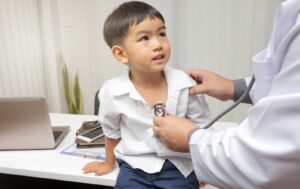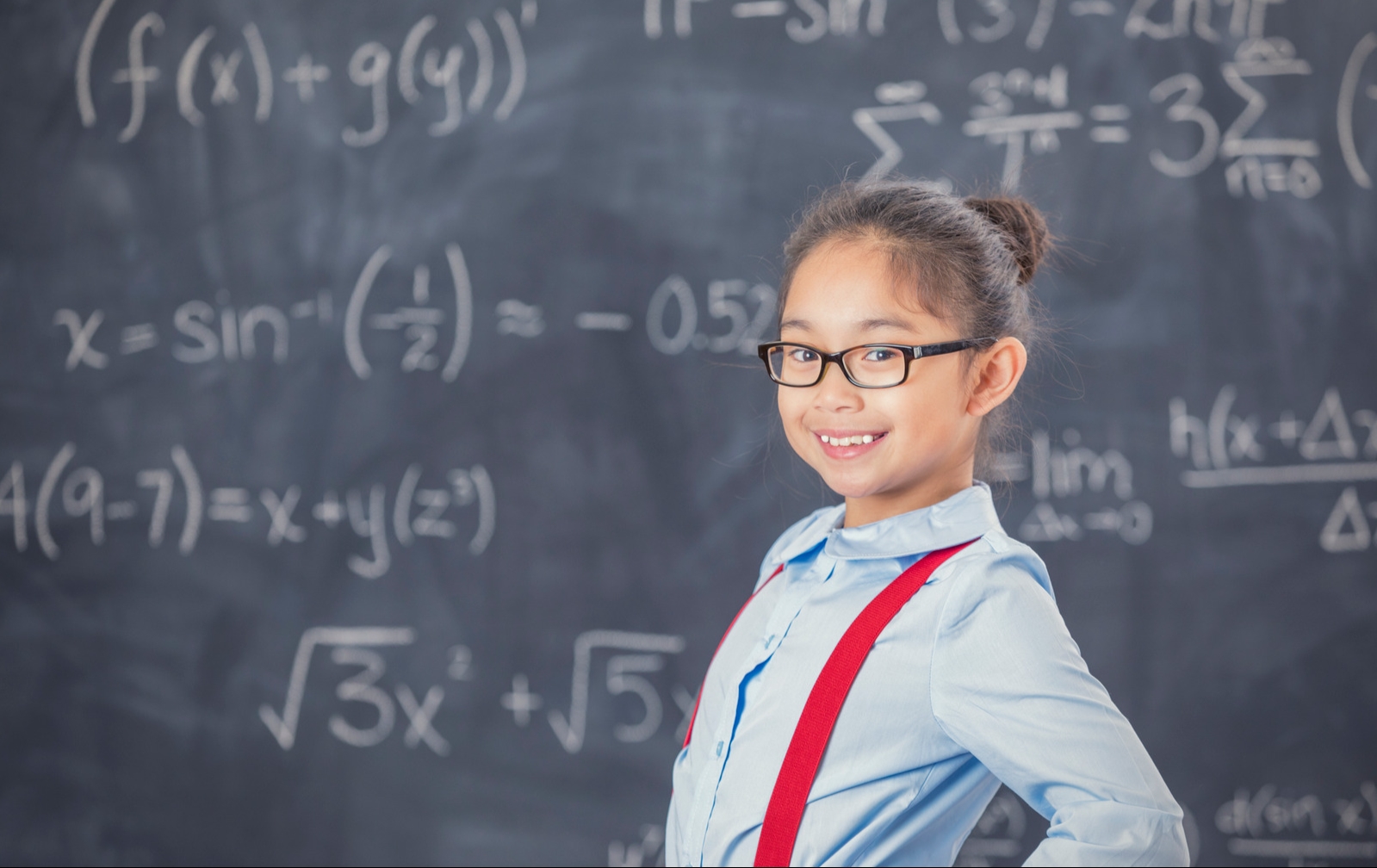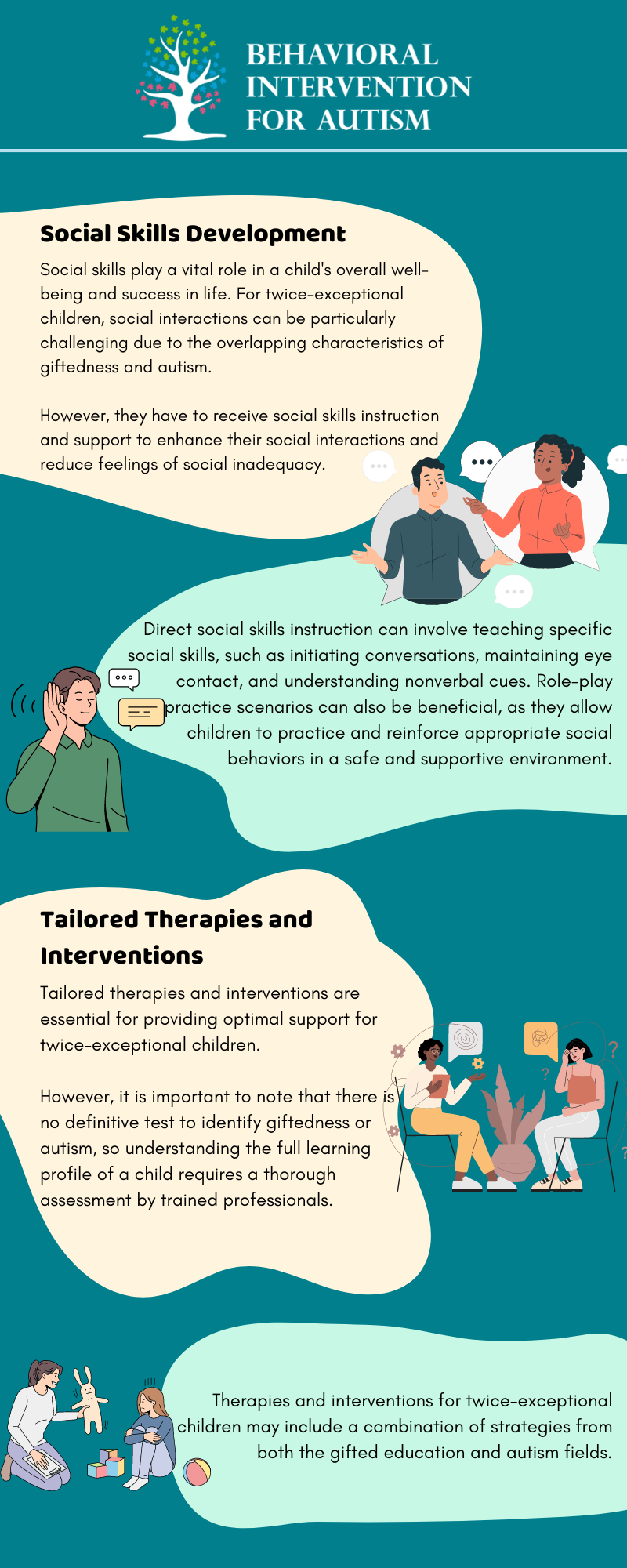
Table of Contents
The term “twice exceptional” (2e) is often used to describe individuals who are both intellectually gifted and have a neurobiological difference, such as autism. These individuals possess a unique combination of strengths and challenges, which can present certain complexities when it comes to understanding their needs and providing appropriate support. In-home ABA Therapy can play a crucial role in addressing these complexities and supporting their development.
Importance of Accurate Diagnosis
Accurately diagnosing whether a child is gifted, autistic, or both is crucial for several reasons.
Firstly, misdiagnoses can occur between giftedness and autism which can lead to inappropriate interventions and support. For example, a child who is gifted but not autistic may not receive the specific interventions they need if they are misdiagnosed as autistic.
On the other hand, a child who is both gifted and autistic may not receive the appropriate accommodations and resources if their giftedness is overlooked.
Furthermore, an accurate diagnosis allows parents and caregivers to access the necessary resources and interventions to support their child’s unique needs. By understanding their child’s specific strengths and challenges, they can tailor their approach to education, therapy, and overall support.
To ensure an accurate diagnosis, it is important to seek professional evaluation from qualified experts, such as psychologists or developmental pediatricians, who specialize in assessing both giftedness and autism. These professionals can conduct comprehensive assessments and provide insights into the child’s intellectual abilities, social-emotional development, and potential areas of overlap between giftedness and autism.
By understanding the definitions and overlaps between giftedness and autism, parents and caregivers can navigate the complexities of supporting their twice-exceptional children.
Characteristics of Giftedness and Autism
Understanding the distinctive characteristics of giftedness and autism is essential for parents and caregivers of individuals who may exhibit traits of both. While there are overlaps between these two profiles, it is crucial to recognize the unique traits and challenges associated with each.
Behavioral Overlaps
Gifted individuals with autism often display behaviors that can be mistaken for one another. For example, both profiles may exhibit intense interests in specific subjects or struggle with social interactions. However, the context and language used to describe these traits may differ based on the specific condition being considered.
Highly gifted children can have sensory issues and executive functioning issues similar to those described in individuals with autism spectrum disorder (ASD). Additionally, both gifted individuals and those with ASD may face challenges in social interactions.
To accurately assess whether a child’s behaviors stem from giftedness, ASD, or both, professionals consider factors such as motivation, context behind behaviors, severity of symptoms, and impact across all aspects of life. There is no definitive test to identify either giftedness or ASD, so understanding the full learning profile of a child requires a thorough assessment by trained professionals.
Unique Traits and Challenges
While there may be some similarities, there are distinct differences between the traits and challenges associated with giftedness and autism.
Gifted individuals often demonstrate exceptional cognitive abilities, advanced language skills, and a deep capacity for learning in specific areas of interest. They may exhibit heightened sensitivity to environmental stimuli and possess a keen memory.
On the other hand, individuals with autism may struggle with social interaction, communication, and repetitive behaviors. They may have difficulty understanding and responding to social cues, which can lead to challenges in forming and maintaining relationships.
It is important to recognize that a child can be both gifted and on the autism spectrum. This dual diagnosis emphasizes the need for accurate identification and tailored support that considers and incorporates their giftedness.
By understanding the unique traits and challenges associated with both giftedness and autism, parents and caregivers can provide the necessary resources and interventions for optimal outcomes.
Support for Twice-Exceptional Children
When it comes to supporting children who are both gifted and have autism, it’s important to address their unique needs and challenges. These children, often referred to as “twice-exceptional,” possess both exceptional intellectual abilities and the characteristics associated with autism.
We have highlighted the two key areas of support in the following illustration:
By combining strategies from both the gifted education and autism fields, professionals can create individualized plans that best meet the unique needs of each child.
Tailoring Support to Unique Needs
Supporting individuals with both giftedness and autism requires a personalized and individualized approach. It is important to recognize that signs of autism can sometimes conceal giftedness, and vice versa. This emphasizes the need for accurate diagnosis and therapy that considers both conditions.
By taking into account the unique needs and characteristics of each individual, we can provide targeted interventions and support.
For highly gifted individuals with autism, it is important to address not only their social interaction challenges but also their sensory issues and executive functioning difficulties. These individuals may exhibit shared characteristics with both gifted students and those with autism on behavior checklists.
By embracing neurodiversity and tailoring support to the unique needs of individuals with both giftedness and autism, we can create an inclusive and empowering environment that celebrates their strengths and fosters their growth and development.
Sources:
https://www.davidsongifted.org/gifted-blog/gifted-on-the-spectrum-or-both
https://psychcentral.com/autism/autistic-and-gifted-supporting-the-twice-exceptional-child
https://resources.njgifted.org/autism-vs-giftedness-a-neurobiological-perspective
https://davenportpsychology.com/2022/09/26/giftedness-and-autism
- Florida Senate Backs Autism Support Bill for Families - February 19, 2025
- Key Questions to Ask an ABA Provider Before Enrolling in Florida - February 19, 2025
- 8 Essential Autism-Friendly Travel Tips for a Stress-Free Trip - February 18, 2025



